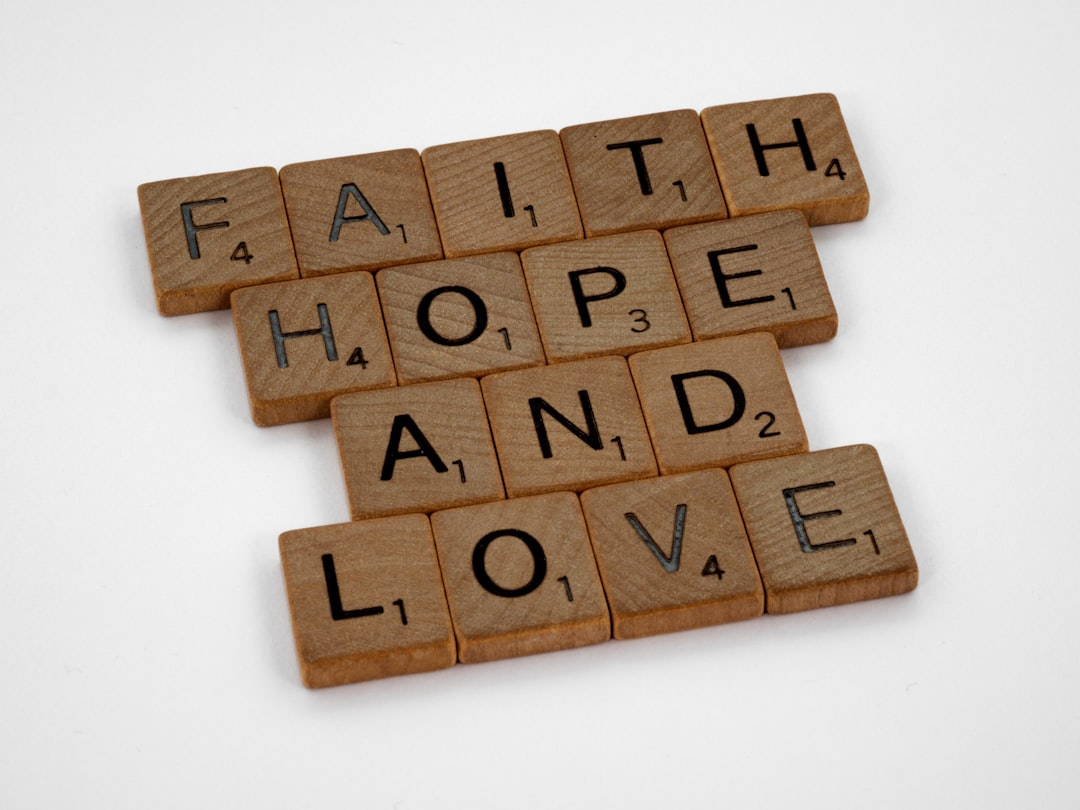Faith and social justice activism are often intertwined, as many religious teachings emphasize the importance of standing up for the oppressed and marginalized in society. While not every activist is religious, and not every religious person is an activist, there is a strong connection between faith and social justice that has sparked movements and inspired generations of change-makers.
Many faith traditions teach their followers to love their neighbors as themselves and to care for the least fortunate among us. These teachings form the basis for many social justice movements, as they encourage individuals to take action to combat injustice and inequality. For example, in Christianity, the belief in the inherent worth and dignity of every human being is a central tenet that motivates many Christians to fight for equality and justice.
Similarly, in Islam, the concept of social justice is deeply rooted in the teachings of the Prophet Muhammad, who emphasized the importance of caring for the poor and vulnerable in society. Many Muslims around the world are engaged in social justice activism, working to end poverty, discrimination, and oppression.
Judaism also has a rich tradition of social justice activism, with teachings that emphasize the importance of pursuing justice and righteousness in all aspects of life. Jewish activists have been at the forefront of many social justice movements, working to combat racism, sexism, and other forms of oppression.
For many activists, their faith gives them a sense of purpose and motivation to continue the fight for justice, even in the face of adversity. Faith can provide a moral compass that guides individuals in their activism and helps them stay true to their values. It can also provide a sense of community and support, as many faith communities are actively engaged in social justice work.
While faith can be a powerful motivator for social justice activism, it is important to recognize that not all activists are religious, and not all religious individuals are activists. People may be inspired to fight for justice by a variety of sources, including personal experiences, moral beliefs, and political ideologies. It is important to respect and support all individuals who are working towards a more just and equitable society, regardless of their faith or lack thereof.
At the end of the day, the connection between faith and social justice activism is a deeply personal one. For some, faith provides the foundation for their activism, while for others, it may simply be one of many factors that drive their commitment to social justice. Regardless of the role that faith plays in individual activism, what is most important is the collective effort to build a more just and equitable world for all.

